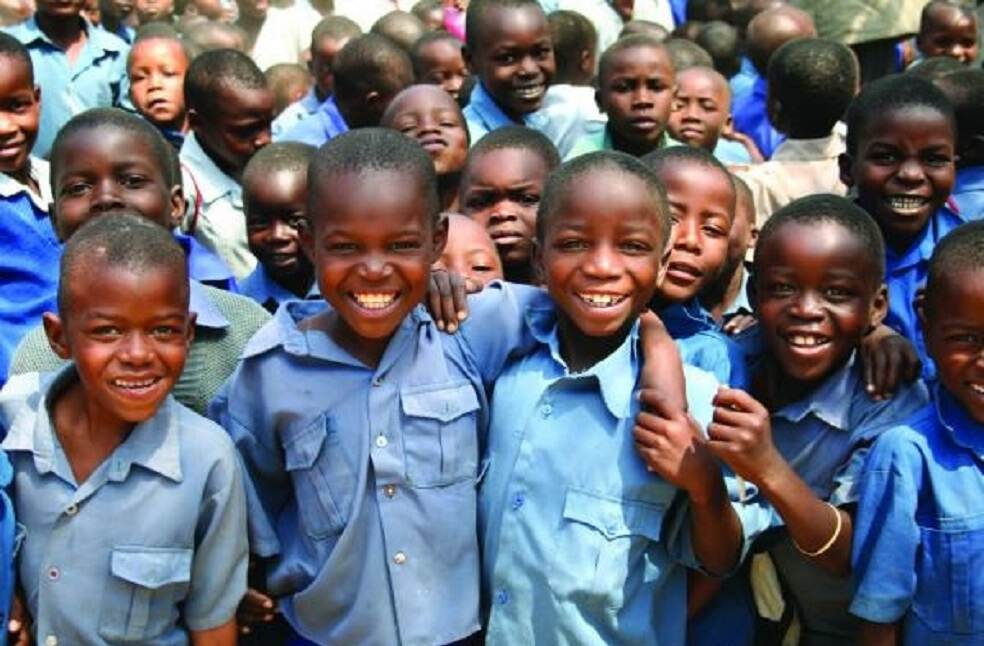France: An international study has found that COVID-19 has not affected humankind’s happiness, even though it has claimed 6.7 million lives and led to a global economic slump.
The study, conducted on more than 100,000 people across 137 countries, found significantly higher levels of benevolence in all global regions than before the pandemic. On a scale of one to 10, people on average gave scores just as high in the 2020–22 COVID years as in the 2017–19 years.
“Things were slightly worse in western countries and slightly better in the rest of the world, but overall, the undoubted pains were offset by increases in the extent to which respondents had been able to discover and share the capacity to care for each other in difficult times,” the 10th World Happiness Report stated.

Mr. John Helliwell, a professor of economics at the University of British Columbia and a co-editor of the report, commented that “it’s amazing. People ended up discovering their neighbours. People were checking in more regularly with other generations, so that sense of isolation was not as strong as you would expect. Even during these difficult years, positive emotions have remained twice as prevalent as negative ones, and feelings of positive social support have been twice as strong as those of loneliness.”
The study further revealed that the happiness effect of “having someone to count on in times of trouble” increased during the pandemic, and since 80 percent of people surveyed said they did have someone to count on, that had a significant effect.

Finland topped the overall happiness league table for the sixth consecutive year, and Afghanistan stayed bottom. It is also the fourth consecutive year in which the UK has dropped in the happiness scores.
GDP per capita, social support, a healthy life expectancy, freedom to make life choices, generosity, and freedom from corruption were found to be the main drivers of happiness. However, some of those most affected by COVID, including homeless people and those who have been institutionalised, were not included in the survey samples.
In addition, the study also showed the Netherlands as the country where happiness was shared most equally and there was the smallest gap between the happiest and the least happy.



